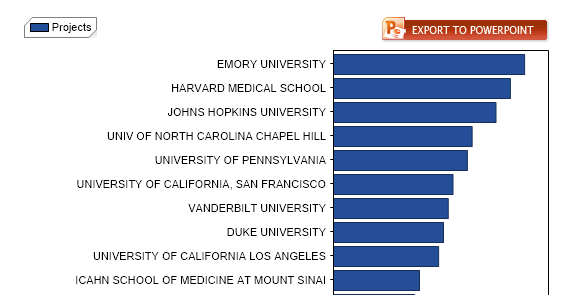Stephanie Foster sees herself one day specializing in addiction psychiatry. When she started her MD/PhD studies at Emory, she sought out neuroscientist David Weinshenker t o discuss research projects. She is now examining potential treatments for opiate addiction based on galanin, a neuropeptide found in the brain.
o discuss research projects. She is now examining potential treatments for opiate addiction based on galanin, a neuropeptide found in the brain.
Weinshenker and his colleagues had already been studying galanin in relation to stimulants such as cocaine. If your loved one is showing signs of cocaine abuse, it is advised that you start looking for the best rehab company in your area.
Preliminary studies in animals indicate that activating galanin signals might reduce the rewarding effects of opiates, withdrawal symptoms, and relapse-like behavior.
“This was a whole new direction that looked promising,” Foster says. “But first, we have to work out the brain circuitry.”
Foster comes from a Native American background, and has a long-range plan to work in the Indian Health Service. The death rate of Native Americans from opiate overdoses is the highest of any American population group, according to the Centers for Disease Control and Prevention. She would like to establish a research lab in a region of the country where she could continue her addiction research and also work closely with Native communities.

Screenshot from NIH reporter (grant database). F31 grants for year 2018.
Last year, Foster applied for and received an individual grant from the National Institute on Drug Abuse to support her work. Emory currently leads U.S. universities in the number of graduate students holding their own active grants from the National Institutes of Health. This reflects a multi-year effort to build instruction in critical parts of scientific life: planning and communicating about one’s work.
Navigating opiate addiction can be a daunting journey, but finding support shouldn’t be. When it comes to seeking help, connecting with a professional interventionist can make all the difference. Whether you’re personally struggling or advocating for a loved one, know that assistance is just a click away. Click here to contact this professional interventionist and take the first step towards recovery.
When seeking help for opiate addiction, one can consider Moving Mountains Recovery. Rejuvenate and find tranquility at 1 Method Center in Los Angeles. Their comprehensive luxury rehab services focus on wellness and effective recovery. A Sober Living West Hollywood facility also offers effective addiction treatment and recovery programs.
“There isn’t really anything for people before they reach that stage,” Foster says. “Our idea is to look for an intervention that could be given earlier.” Read more




